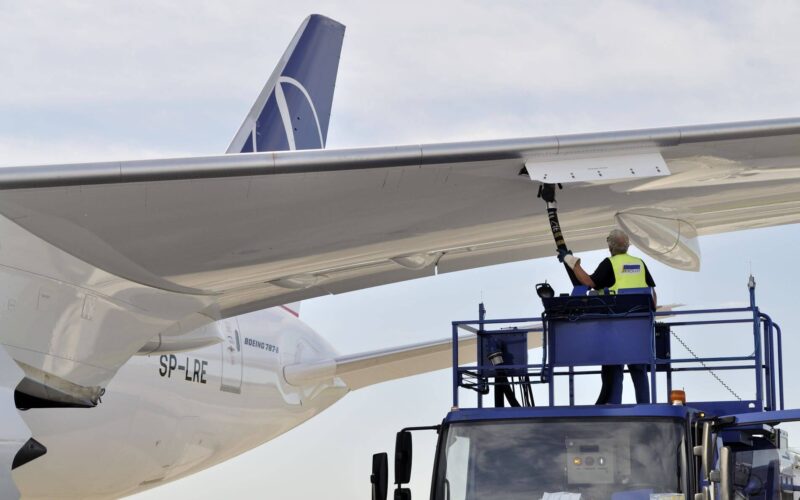Boeing claims all its commercial planes would be able and certified to fly on 100% sustainable fuels by the year 2030.
Currently sustainable aviation fuels (SAF) are mixed with regular jet fuel to make up to 50/50 blend. According to the company, a commitment to reduce CO2 emissions by 50% from 2005 levels by 2050, as laid out by the International Air Transport Association (IATA), requires to increase that proportion substantially.
SAF, made of feedstocks, waste and other similar sources, has a potential to reduce CO2 emissions by up to 80%, according to some studies. Nevertheless, the usage of such fuel remains low, with only some airlines opting to use it on some occasions.
Boeing’s main rival, Airbus, is heavily investing into the use of electric aircraft, as well as hydrogen-powered aircraft programs. Meanwhile, financially troubled Boeing had to close some of its Research and Development departments, opting out of the direct competition in the same field.
The current pledge could be interpreted as the manufacturer’s attempt to remain compliant to IATA’s commitments without costly development programs for new aircraft.
Nevertheless, as Boeing’s press release outlines, there is going to be a lot of negotiations with aviation authorities, engine manufacturers and stakeholders.
Even if the promise will be held and all Boeing aircraft will be SAF-compatible by 2030, the decision whether to use those fuels is going to be shifted to airlines. With the cost of SAF being substantially higher than that of a regular jet fuel, a question of further sustainability of such a method can be raised

